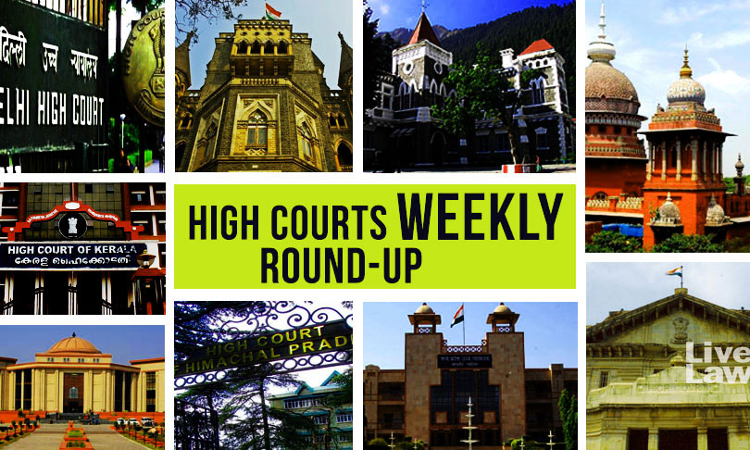- Home
- /
- News Updates
- /
- High Courts Weekly Roundup
High Courts Weekly Roundup
Akshita Saxena
19 July 2020 7:56 PM IST
Week Commencing July 13, 2020 To July 19, 2020 Allahabad High Court 1) Mumbai Man Accused Of Threatening To 'Blow Up' UP CM Yogi Adityanath Moves Allahabad HC For Regular Bail [Kamran Ameen Khan v. State of UP] The single bench of Justice Alok Mathur asked the Additional Advocate General to seek instructions from the State on the bail application of a Mumbai resident who...
Tags
Next Story



